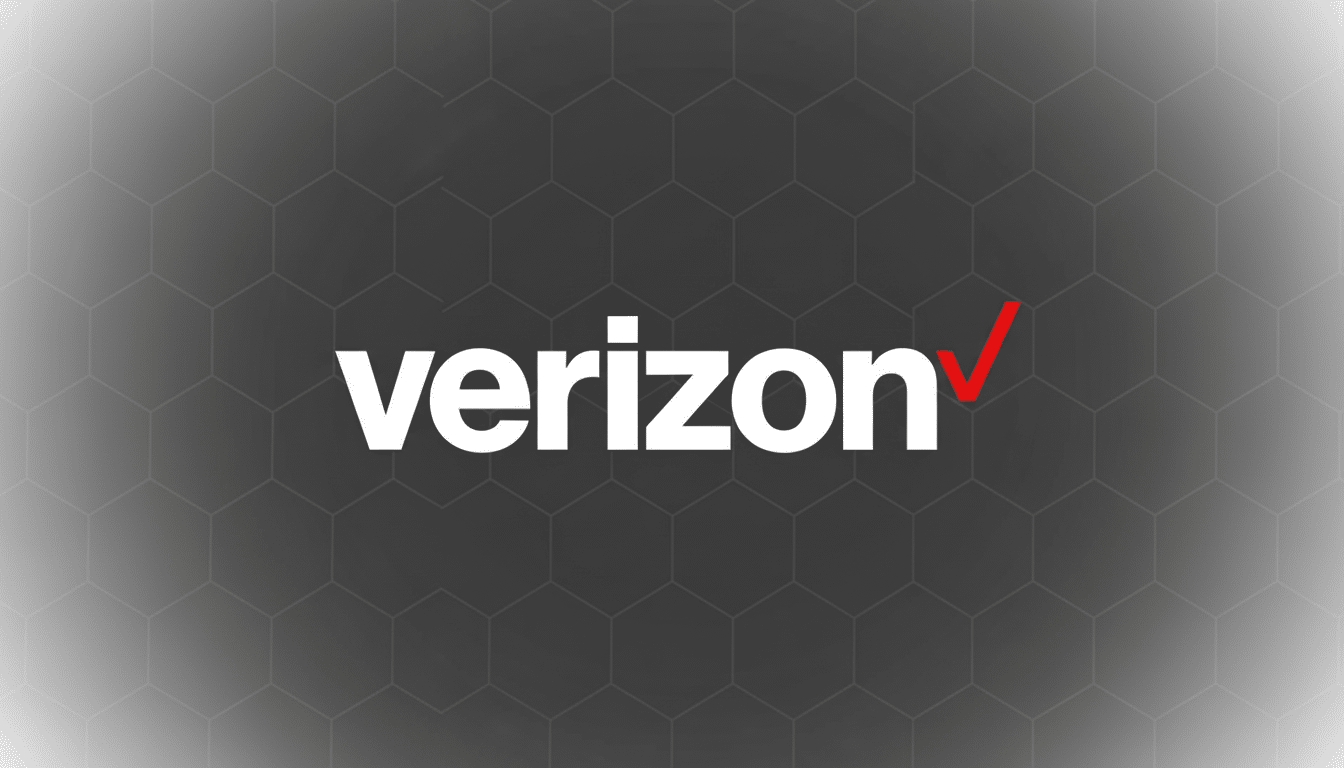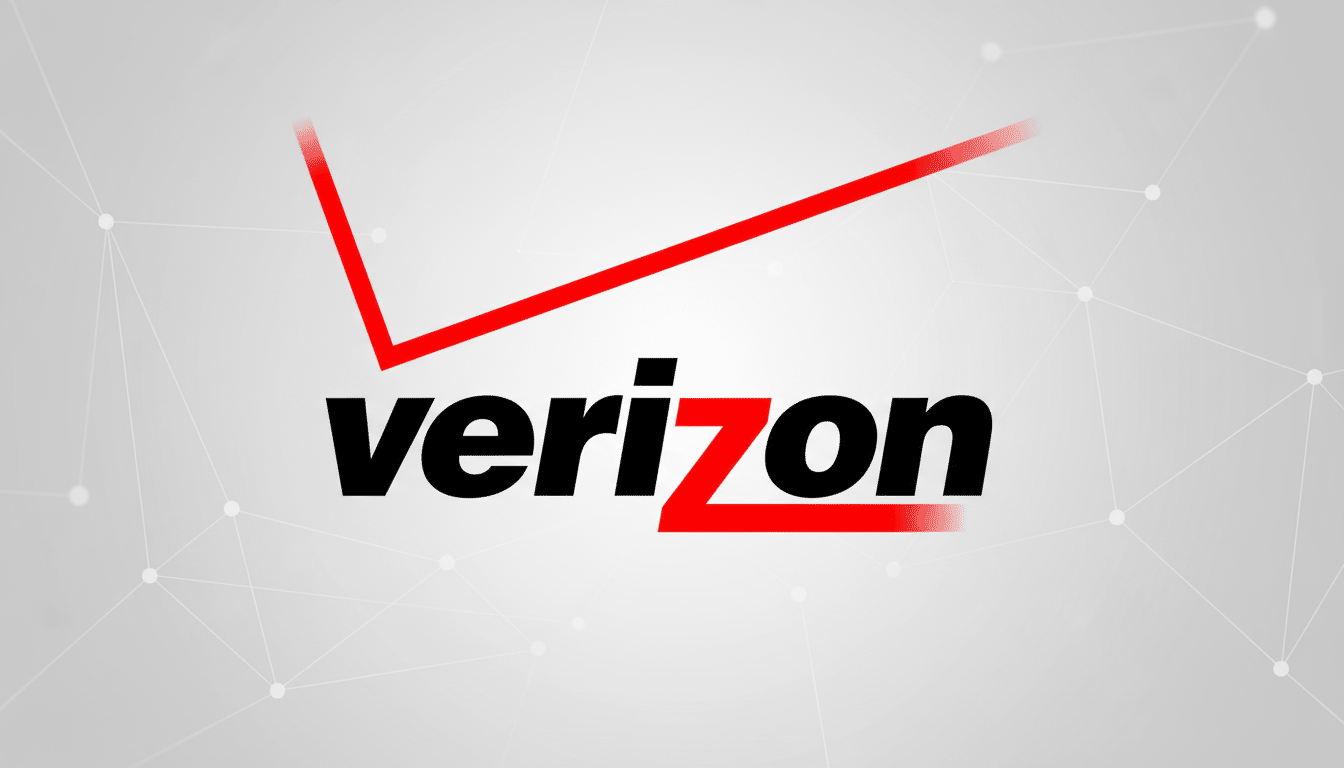Verizon is trying hard to shake its expensive image with a new “Bring Your Bill” promotion that involves an AI review of your current T-Mobile and AT&T bills followed by a stack of credits to essentially match or beat them. The matched price is guaranteed for 36 months. For shoppers, the question is simple: does this make Verizon the better deal?
Short answer: A lot of the time, but not always. It works out, depending on what plan you’re currently subscribed to and whether your savings are tied to promotional credits — as well as how much you care about features such as taxes-and-fees-included pricing or streaming benefits.

How Verizon’s AI Bill Match Works for Switchers
Verizon’s tool feeds off your rivals’ bill, maps in features of the plan (your promotional credits), and builds you an offer that would reflect what you might get from Verizon.
It also tacks on additional bill credits, device promos and port-in bonuses to meet or beat your out-of-pocket monthly cost.
There are limits. If you are on a grandfathered bargain plan with no promotional credits, there may be nothing to “match.” Taxes and fees may not be included on Verizon’s plans, so you’ll be best served comparing bottom-line totals and not just plan prices. The rate quoted is fixed for 36 months; then standard rates apply.
You can initiate the process online or over the phone (agent-assisted) but in-store visits are usually best, as reps may be able to scan entire bills, verify device eligibility and stackable promos on the spot.
Where Verizon Can Win on Price, Perks, and Devices
This offer is best if you already have a bill credit savings from T-Mobile or AT&T.
Verizon can basically mirror those credits with its own, fill in any gap left over with switcher incentives and lock that matched price in for three years.
It’s also appealing to families acquiring multiple premium phones. Now that 36-month device credits have become the industry standard, Verizon can slide aggressive trade-in values in with multi-line discounts and the cost benefits of bundling home internet to undercut what you’re paying for an equal or better piece of hardware elsewhere.
Network performance adds context. Consistently at or near the top for overall reliability and call performance in RootMetrics’ latest national testing, Verizon ranks significantly higher than AT&T despite having a smaller, slower 5G network; Opensignal’s recent reports also reward T-Mobile with broader 5G availability and faster average 5G download speeds. If you reside where Verizon’s reliability edge is apparent, a comparable or lower cost has added appeal.

When T-Mobile or AT&T Still Wins on Total Cost
If you have a legacy plan with extremely low pricing not directly tied to credits, Verizon may not be able to match it.
And T-Mobile’s taxes-and-fees-included plans can still deliver a lower true monthly total in some areas, particularly for people who prioritize simplicity and built-in streaming bonuses — mainly single-line customers.
AT&T can make fiscal sense if you really like your internet bundled and are willing to pay up for fiber, or if you love its approach to international roaming on the higher-tier plans. And if you are all about keeping current on the latest devices, T-Mobile’s upgrade-friendly terms on select plans may be a bit looser than Verizon’s credit schedule.
A Practical Pricing Scenario for Families and Singles
Imagine how this plays out in a household with four lines, an existing carrier deal that is contingent on monthly credits tied to line activation and two premium phone trade-ins. And in many of those cases, Verizon’s bill match can stack trade-in credits, switching bonuses and plan discounts to match that bill and then trim a bit more off — often enough for the three-year lock period to beat T-Mobile or AT&T by a noticeable if not gargantuan margin.
Now flip the scenario to a single line on a taxes-included plan with a recent device already paid off. Here, T-Mobile’s straightforwardness or AT&T’s base pricing might still beat out Verizon once you factor in all of those optional surcharges. The positive of this promo is that you will receive an actual quote; the negative is that it’s not always less.
Key Fine Print to Look For Before You Say Yes
Ask if the total quoted includes taxes, regulatory fees and line-access charges. Find out what add-ons are included and which ones you pay extra for; Verizon’s myPlan offering includes bundles that customers want, but many more are optional for a fee.
Ensure you know how long each credit lasts, and what will result in a loss of credits, such as closing a line or changing plans, or upgrading early. Be clear with your associate about anything related to autopay or paperless billing requirements, as those can also impact discounts for customers, depending on the payment method.
Finally, consider the quality of service where you live and work. New customer satisfaction studies from J.D. Power show that experience differs greatly by region and use case. Or you can play the roulette game of whether a few dollars saved will—or won’t—matter if coverage is weaker in your daily routine.
Bottom Line: When Verizon’s Bill Match Makes Sense
Verizon’s AI-based bill match will probably serve as an easy yet aggressive lure for many switchers, and can provide a better deal than T-Mobile or AT&T will — particularly if your current savings are promotional in nature and you’re purchasing new devices. It’s not a broad price cut and won’t best every legacy plan, but when you lock it in for three years, this is a seriously competitive deal worth an actual quote. Bring your whole bill, compare the after-tax totals and choose the network that works best where you live.

